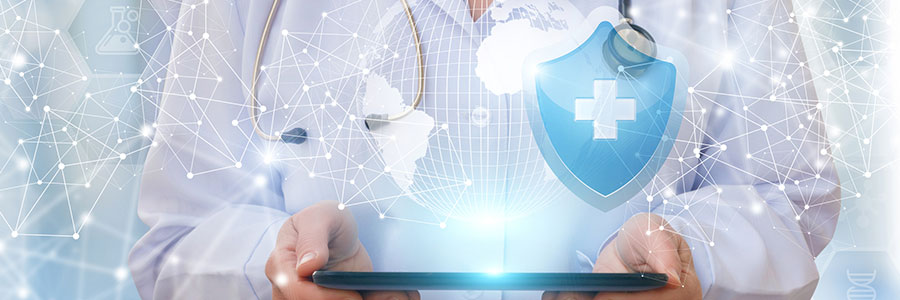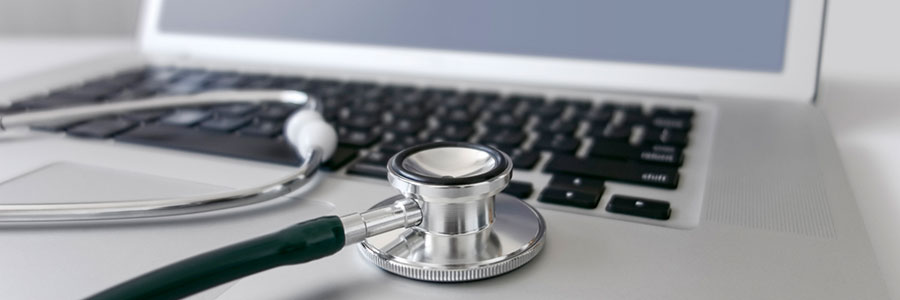Business intelligence (BI) has fueled the growth of many businesses through the years, especially in the finance and manufacturing industries. Today, BI and big data also benefit healthcare businesses that are aiming to improve their processes and lower their readmission rates.
Business Data Systems, Inc.
4 Important factors about HIPAA and your IT

Medical records are private and their exposure could lead to negative consequences such as social stigma and job discrimination. The Health Insurance Portability and Accountability Act (HIPAA) protects these data and grants patients the right to view their own health information so that they can enjoy more control over their care.
Social media guidelines to stay HIPAA-compliant
The benefits and drawbacks of EHRs

Numerous digital advancements enable healthcare organizations to address several key industry challenges, such as safeguarding medical records and providing better care management for patients. Electronic health records (EHRs), in particular, allow quick access to patient records, helping healthcare organizations diagnose patients more effectively, reduce medical errors, and provide safer care.
IoT in healthcare: Addressing security and privacy issues

From mobile apps that keep track of daily medication to smart operating room systems, the Internet of Things (IoT) is delivering greater convenience and functionality to healthcare practitioners and patients alike. However, the proliferation of IoT devices also brings new risks, vulnerabilities, and security challenges.
Preventing insider threats in the healthcare sector

Insider threats are security risks that come from within your organization. They could be any of your current or former employees, contractors, or associates who have knowledge about your computer systems and can expose your data. They are a major issue in many industries, the healthcare sector included.
5 Benefits of mobile device management for healthcare

Healthcare providers are relying on mobile technologies more than ever for doing work and communicating with practitioners, staff, and patients. Wireless networks and portable devices in the healthcare setting have their benefits, and IT staff must have controls like mobile device management (MDM) software to efficiently maintain and manage the security and privacy required by federal regulations.
The benefits of cloud computing in healthcare

Cloud computing is gradually becoming the norm for healthcare organizations around the world. Whether via a browser-based tool or a mobile app, it’s easier than ever to deliver patient care from anywhere with an internet connection. If you’re still hesitant to embrace cloud technology, it’s time to reconsider.




